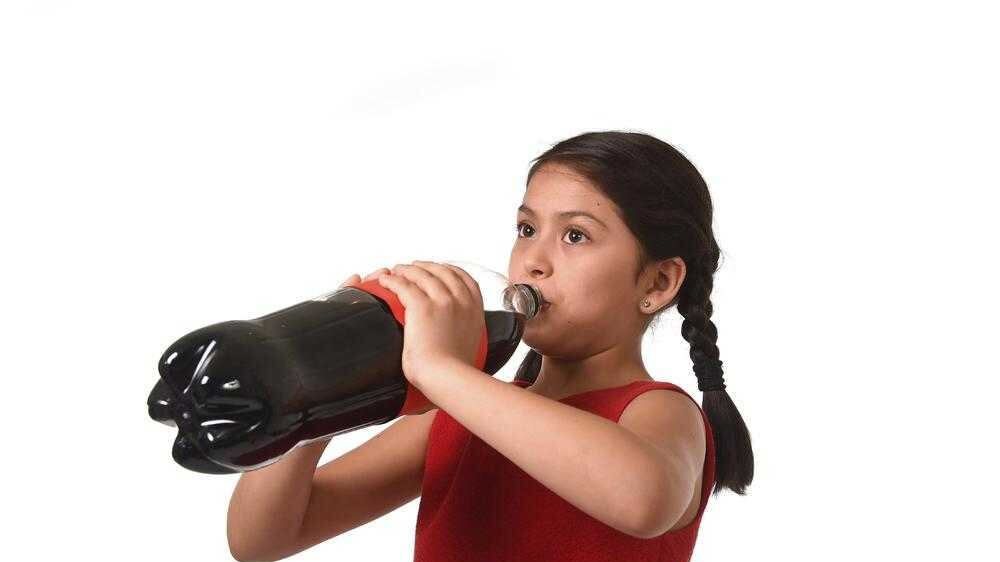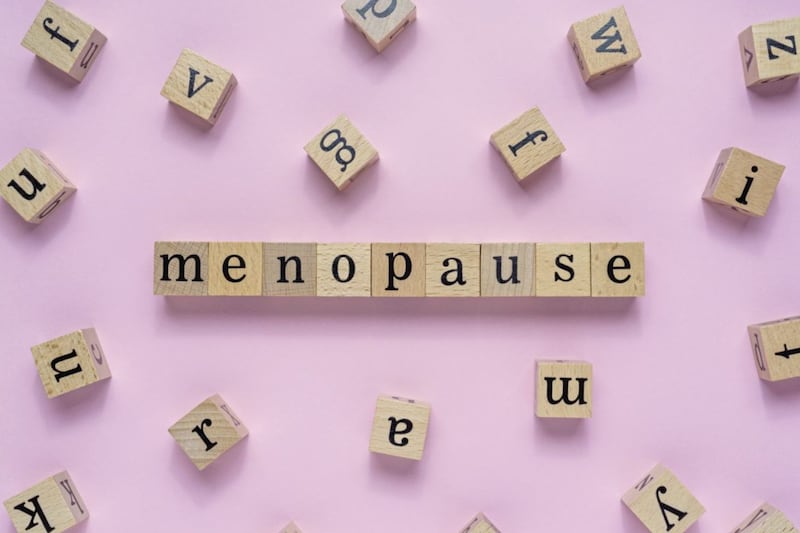WHAT a shame that Mr Cameron has decided against a sugar tax. His decision comes despite a government report saying that a levy would help curb demand for sugary food and drink.
One of the reasons given that made him rule out a sugar tax was that it was a "blunt weapon" that would hit struggling families.
This appears contrary to logical reasoning as a large study showed that the poorest in the UK are "twice as likely" to suffer from oral disease.
The study found that about 20 per cent of five-year-olds from poor backgrounds (based on free school meal data) had severe or extensive tooth decay, compared with 11 per cent of five-year-olds whose families were richer.
It also found that about 25 per cent of 15-year-olds from poor backgrounds had severe or extensive tooth decay, compared with 12 per cent of 15-year-olds who were not eligible for free school meals.
Dental problems have the same impact on your health and emotional state no matter what your background.
Unfortunately people from less-well-off backgrounds are generally less able to afford the necessary treatment that they need to fix the often complex problems that tooth decay and multiple tooth loss ends up causing.
If Mr Cameron sticks with his decision on a sugar tax, then what is the alternative action plan to reduce sugar consumption that can directly help everyone, especially struggling families?
One avenue could be what the Action on Sugar group is suggesting – for all international drink manufacturers to unite in setting sugar reduction targets immediately.
This has come to light after new research by Action on Sugar revealed the shockingly high and unnecessary levels of free sugars found globally in sugar-sweetened soft drinks.
Now 8 per cent of sugar-sweetened soft drink products contain more than your entire recommendation for the day (25g) in a 330ml can.
One survey, which reviewed 274 sugar-sweetened soft drinks produced across the world, found that every single product would receive a dangerously high red colour-coded label if it were consumed in a standard 330ml can.
The big question is: Why do we continue to feed our children so many sugar-heavy foods, when it’s becoming increasingly apparent of the damage that the sugar is doing not only to their teeth but also their overall health?








